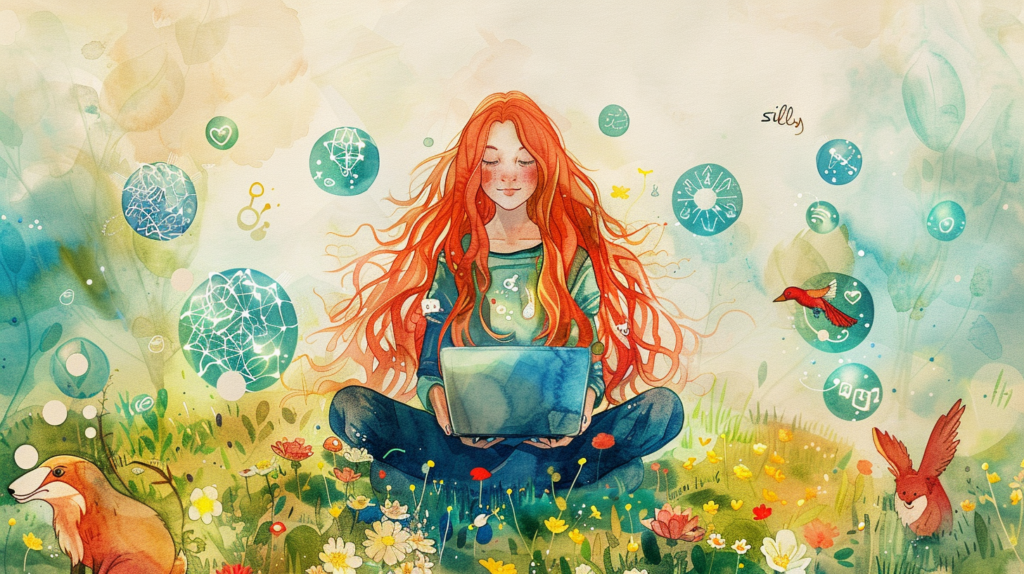
Attention-Deficit/Hyperactivity Disorder (ADHD) is not only a challenge but also a unique set of qualities that, with the right approach, can be transformed into valuable skills and even “superpowers.” For individuals with ADHD, daily tasks often present difficulties due to dopamine deficiency, issues with focus, and emotional dysregulation. However, using certain psychoactive substances that aid hormonal balance and neuroplasticity, people with ADHD can achieve new levels of productivity, creativity, and multitasking.
Psychoactive substances, utilized for thousands of years by shamans and healers worldwide, have unique properties affecting neurotransmitters like dopamine and serotonin, which are critical for people with ADHD. These substances help regulate these neurotransmitters, supporting a more balanced state and enhancing the ability to focus, manage stress, and regulate emotions.
Here’s how these substances work:
Using natural psychoactive substances can also help transform ADHD traits into beneficial abilities, such as creativity, multitasking, and heightened perception. Here’s how:
Enhanced Focus and Attention: Optimizing dopamine and serotonin levels allows many people with ADHD to achieve hyperfocus, a state that helps them handle tasks requiring deep concentration and boosts productivity for complex projects.
Creative and Multitasking Thinking: Psychoactive substances can enhance divergent thinking, which is essential for solving unique problems. The brain becomes more flexible, helping users find creative solutions and easily switch between tasks without losing focus.
Empathy and Emotional Awareness: Some psychoactive substances boost an individual’s capacity to feel and understand others’ emotions. This helps individuals with ADHD better connect with those around them, improving social bonds and emotional regulation.
Ability to Adapt Quickly to Changes: Many people with ADHD have a unique ability to switch between tasks quickly. With the right support, this becomes an advantage, particularly in fast-paced work or multitasking situations.
Interestingly, the use of psychoactive substances to enhance cognitive and emotional functions dates back to ancient shamanic practices, where plant substances were used to reach special states of consciousness. These rituals were aimed at improving perception, enhancing intuition, and fostering harmony with the environment.
Understanding how psychoactive substances affect neurotransmission and hormonal balance allows us to harness their potential to transform ADHD challenges into strengths. This practice not only helps people with ADHD manage daily difficulties but also develop skills that support them in today’s world, where creativity, flexibility, and adaptability are increasingly valued.